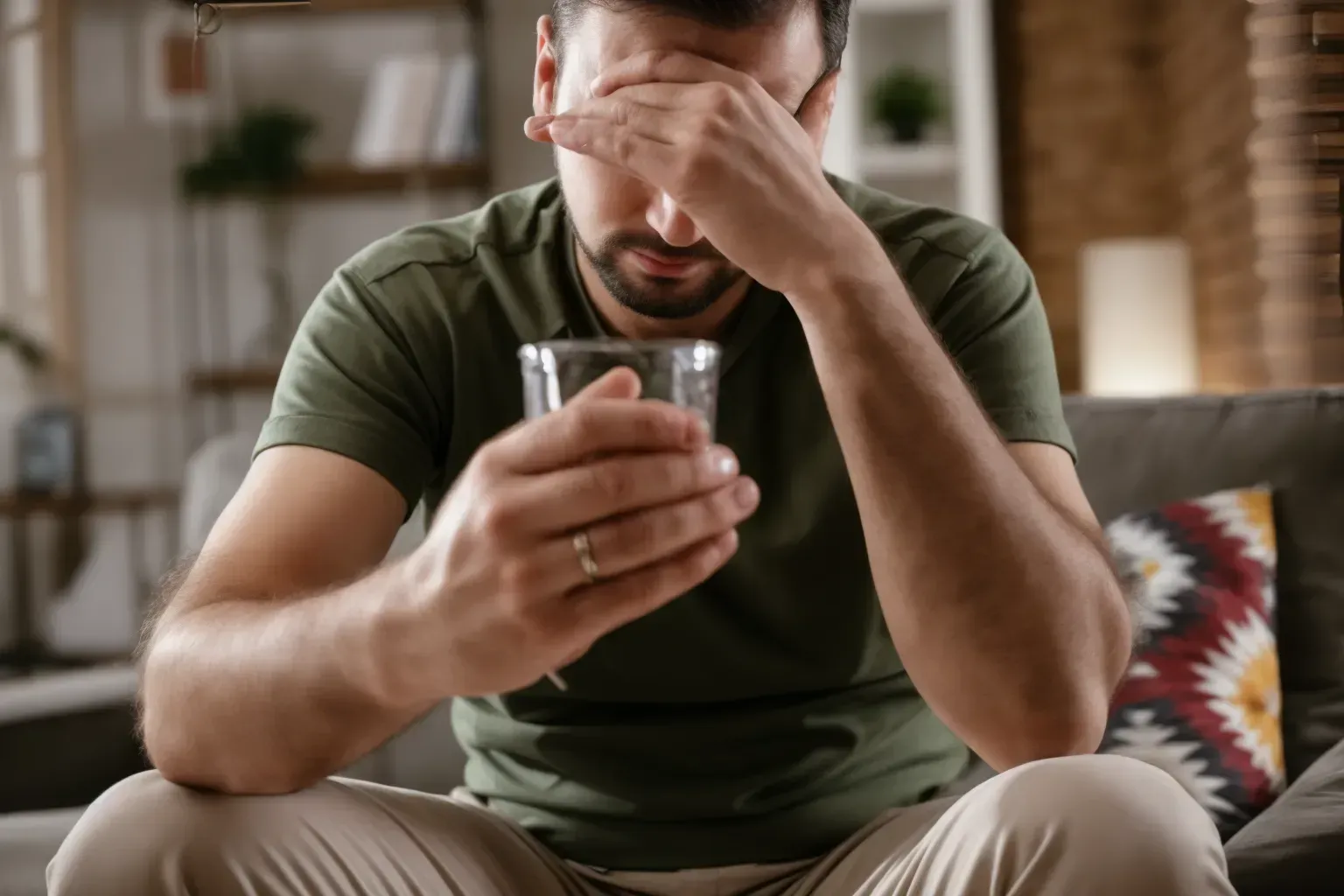Explore Our Blog
How to Stay Sober – Part 3: Say 'No'
Advance Minds Blog
A safe space to explore subjects within the community such as mental health, substance abuse and personal identity.
Our safe space also provides the opportunity for real individuals to express their hardships and success through writing.
In recovery, learning to say no is a skill that protects your progress, your mental health, and your safety.

You might feel pressure — from old friends, social circles, or even family — to return to habits or environments that no longer serve you.
Saying no isn’t rejection. It’s redirection.
It’s choosing yourself, your growth, and your healing over fitting in or avoiding discomfort.
🎯 Know Who and What to Say No To
Not every invitation deserves your “yes.”
Some environments are rooted in the past version of you — the one who was lost, struggling, or numb.
🚷 Parties where drinking or drugs are involved
🧍♂️ People who trigger old habits or toxic feelings
🗣 Conversations that guilt-trip your choices
📍 Locations that hold heavy memories
⏳ Situations you’re not mentally prepared for yet
You know in your gut what feels off. Trust that instinct — it’s a sign of strength, not weakness.
🧭 Listen to Your Gut
Now that you’re sober, your inner compass is clearer.
That feeling in your chest, that tightness in your stomach — those are messages worth listening to.
If you’re unsure about an invitation or a decision, pause and check in:
👂 “Do I feel safe and supported around these people?”
❓ “Will this situation help or harm my recovery?”
💬 “Can I say no without guilt?”
The more you honour that voice inside, the stronger it becomes — and the less you need to explain your choices to anyone else.
🛑 You Don’t Owe Anyone an Explanation
You’re allowed to protect your boundaries without apology.
🙅 “Thanks, but I’m going to pass.”
🙋 “That doesn’t feel like a good fit for me right now.”
✌️ “I need to take care of myself this weekend.”
You don’t need to justify why you’re saying no.
The people who truly care about you will understand.
And if they don’t, that’s worth noticing too.
🧍♀️ What Happens When You Say Yes But Want to Say No?
Sometimes we commit out of habit, guilt, or fear — then regret it later.
That’s okay.
You’re still allowed to change your mind.
📞 Let them know you’re not coming
📬 Keep your message short and kind
💡 Replace the plan with something that supports you better
Cancelling doesn’t make you flaky — it means you’re growing into someone who honours what you need.
🫂 Surround Yourself With People Who Get It
As you learn to say no, you’ll also learn to say yes — to people who value your sobriety, respect your choices, and don’t pressure you.
✅ Friends who invite you into safe, healthy spaces
✅ Mentors or support group members who model boundaries
✅ People who check in without judgment or agenda
✅ New circles that align with your values
The more you build these connections, the easier it becomes to say no to what no longer fits.
🌈 Final Thoughts ✨🧩
Every time you say “no” to what harms you, you say “yes” to what heals you.
Boundaries are how you protect the life you're building — one decision at a time.
So if something feels off, trust that feeling.
You're not being difficult. You're being deliberate.
And that’s what staying sober truly requires.

















